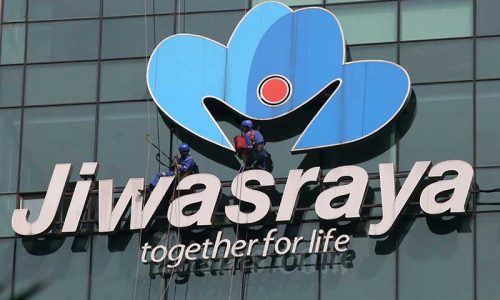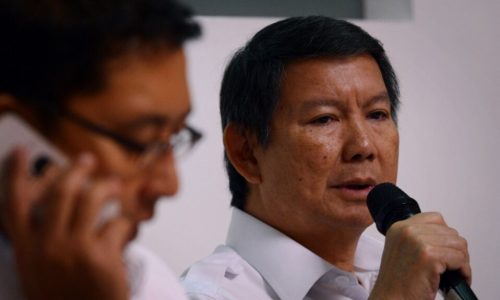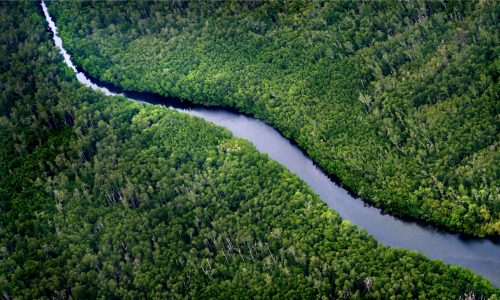President Prabowo Subianto is optimistic that Indonesia, along with Brazil and Congo, is on track to achieve the energy self-sufficiency milestone soon.
The Indonesian president cited that energy resilience in these three nations can be attained by harnessing plants as the primary source of renewable energy.
Addressing the opening ceremony of the 2025 Budget Transfer Allocation and Budget Implementation List (DIPA) handover at the Merdeka Palace in Jakarta, Prabowo stressed the importance of resource management to achieve energy independence.
“We must learn how to effectively utilize our resources,” he said, while referring to the potential of Indonesian agricultural products to fuel the transition to renewable energy, on Tuesday, December 10, 2024.
Prabowo views energy self-sufficiency as a key element of Indonesia’s broader economic transformation strategy, which he sees as essential for sustainable national development. He emphasized that Indonesia should avoid complacency and move away from unproductive practices.
In his inaugural speech before the People’s Consultative Assembly (MPR) on October 20, 2024, President Prabowo highlighted Indonesia’s strong natural resource base, which he believes can drive domestic energy resilience.
He pointed at the potential of palm oil to be processed into biofuels such as gasoline and diesel, along with other alternative food sources like cassava, sago, corn, and sugarcane.
Brazil has already made significant strides in this area, successfully utilizing sugarcane to produce bioethanol as a fuel additive. With 9.5 million hectares of sugarcane plantations, Brazil produces a bioethanol blend of 27 percent sugarcane molasses and 33 percent gasoline (E27).
Bioethanol availability
The Indonesian government has taken measures to strengthen its domestic bioethanol supply. On June 16, 2023, then President Joko Widodo issued Presidential Regulation (Perpres) No. 40/2023, which aims to accelerate national sugar self-sufficiency and the availability of bioethanol as a biofuel.
The regulation is designed to increase sugarcane productivity to 93 tons per hectare, with improvements in agriculture practices such as better seedling production, planting, maintenance, and harvesting.
The regulation also mandates the expansion of sugarcane plantations by 700,000 hectares, sourced from existing plantation areas, idle land, and forested zones. The government’s long-term roadmap targets the production of at least 1.2 million kiloliters (KL) of bioethanol by 2030.
To achieve this, Indonesia plans to develop one million hectares of land, with a target sugarcane yield of 100 tons per hectare, a substantial increase from the current national average of 60-70 tons per hectare.
Part of this effort involves developing the Merauke Food Estate in Papua, which will be designated as a Special Economic Zone (KEK). The Merauke KEK will cover two million hectares, with an initial 200,000 hectares earmarked for production.
The government is also exploring public-private partnership (PPP) schemes to drive investment and development in Merauke. PPP agreements allow the government to collaborate with private sector partners on large-scale infrastructure and economic projects.
Prabowo’s vision for energy self-sufficiency and his strategic focus on agricultural and renewable energy resources highlights Indonesia’s ambition to become a regional leader in sustainable energy solutions.
The government’s ongoing initiatives aim to strengthen the nation’s energy resilience, reduce dependency on fossil fuels, and pave the way for a greener, more sustainable future.









